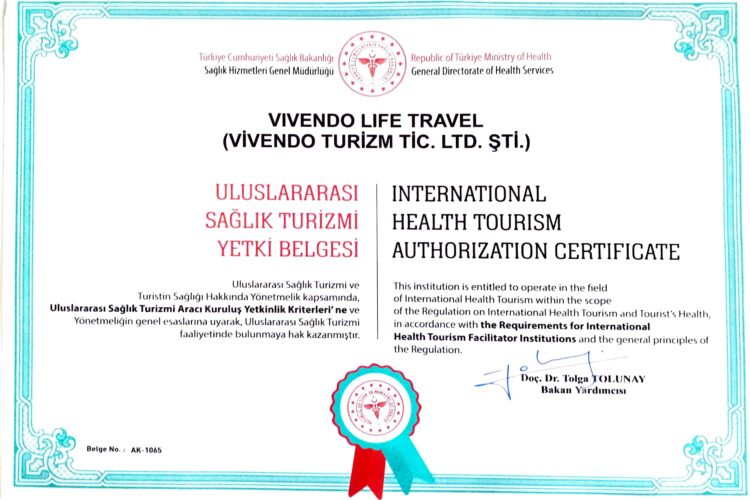At its core, reproductive immunology examines how the immune system influences fertility, conception, and pregnancy. The immune system, traditionally known for its role in defending the body against infections and diseases, also plays a crucial role in reproductive health. It must strike a delicate balance, recognizing and tolerating the embryo and fetus while still protecting the body from potential threats. This balance is essential for successful implantation, pregnancy maintenance, and preventing complications such as miscarriages and preterm births.
The key areas of focus of reproductive immunology are the immune system and fertility, implantation and early pregnancy, and pregnancy complications.
Immune System and Fertility
Autoimmune Disorders: Autoimmune conditions like lupus, rheumatoid arthritis, and antiphospholipid syndrome can adversely affect fertility by causing inflammation and attacking reproductive tissues. Understanding these conditions and their impact on reproductive health can lead to targeted treatments that improve fertility outcomes.
Unexplained Infertility: For many couples experiencing unexplained infertility, immune factors may be a contributing factor. Research in reproductive immunology aims to identify these immune-related issues and develop therapies to address them, offering hope to those who have struggled to conceive without a clear cause.
Implantation and Early Pregnancy
Embryo Implantation: Successful implantation of the embryo into the uterine lining is a complex process that requires precise immune regulation. Reproductive immunologists study how immune cells and molecules facilitate or hinder this process, seeking ways to enhance implantation success rates.
Recurrent Pregnancy Loss: Recurrent miscarriages can be devastating for couples trying to build a family. Research suggests that immune dysfunctions, such as abnormal NK cell activity or antiphospholipid antibodies, may contribute to recurrent pregnancy loss. Identifying and treating these immune factors can improve the chances of carrying a pregnancy to term.
Pregnancy Complications
Preeclampsia: Preeclampsia, a condition characterized by high blood pressure and organ damage during pregnancy, has been linked to immune system abnormalities. Understanding the immune mechanisms behind preeclampsia can lead to early detection and preventive strategies, reducing risks for both mother and baby.
Preterm Birth: Immune responses to infections and inflammation can trigger preterm labor. By studying the immune triggers and pathways involved, reproductive immunology aims to develop interventions that prevent preterm births and improve neonatal outcomes.
Immunomodulatory therapies, including treatments like intravenous immunoglobulin (IVIG) and corticosteroids, are being utilized to improve implantation rates and prevent recurrent miscarriages by modulating the immune response. NK cell testing helps identify abnormal immune responses that may interfere with pregnancy, and treatments to normalize NK cell function are being explored to enhance pregnancy success. Additionally, personalized medicine is becoming more feasible, allowing fertility treatments to be tailored based on individual immune profiles. These personalized immunotherapy protocols are designed to address specific immune-related fertility issues, thereby increasing the chances of successful conception and pregnancy.
Reproductive immunology is revolutionizing the field of reproductive medicine by shedding light on the complex interplay between the immune system and reproductive processes. By addressing immune-related fertility issues and pregnancy complications, this field holds the potential to improve outcomes for countless individuals and couples. As research continues to advance, reproductive immunology promises to bring new hope and possibilities to those striving to build their families.




